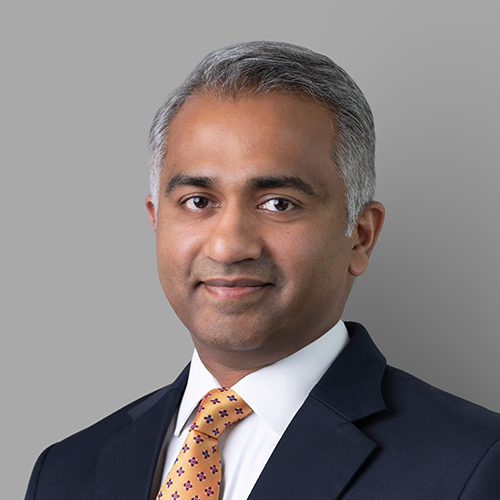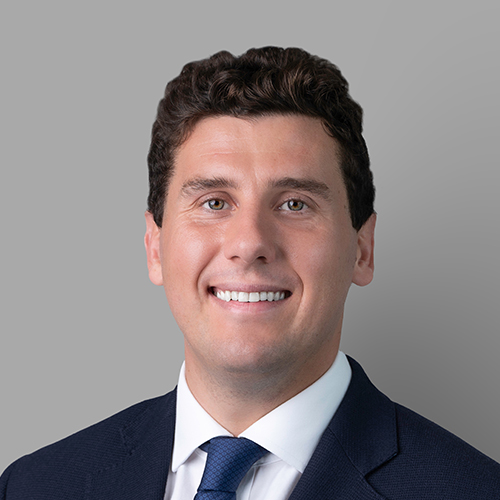Dubai’s rapid population growth is putting K–12 education at the centre of urban development.
With the city’s population passing 4 million residents in 2025 - an increase of more than 170,000 people in a single year - the pressure for social infrastructure has accelerated. Families moving into new communities need a range of facilities – one of the most critical being schools.
The government recognises the need to meet demand strategically and education is now embedded in the planning framework. Under current rules, developers must allocate plots for schools as part of their masterplans. The Knowledge Fund Decree has reinforced this: all new education plots are transferred to the Knowledge Fund Establishment (KFE), which then leases the land to operators. Funds are reinvested back into the education sector, creating a closed-loop model. For investors, this means education land does not trade like conventional development plots. Only developers who secured sites prior to the decree can build directly, creating a limited pool of opportunities.
Delivery Driven by Operators
Within this framework, most of the delivery is operator-led. School groups typically lease land and develop their own campuses, ensuring control of both operations and facilities. In the past year Taaleem committed AED 437.5 million to acquisitions and expansions, including the Lycée Libanais Francophone Privé Meydan and an extension of Dubai British School Emirates Hills. GEMS Education has invested over $100 million into a flagship campus that opened earlier this year , while Aldar Education is relocating and expanding Muna British Academy to a purpose-built facility on Saadiyat Island. Build-to-suit arrangements, where developers construct schools and lease them back to operators, do exist but remain limited compared to the operator-led approach.
Implications for Real Estate
Even with restrictions on land transactions, education is becoming a mainstream real estate conversation. Schools are long-cycle tenants with lengthy lease commitments and income streams that are less sensitive to cyclical downturns. Dubai’s demographic momentum reinforces this resilience: private school enrolment already exceeds 365,000 students and continues to climb. For developers, schools are also value multipliers. Residential masterplans with integrated education provision see faster absorption and higher long-term stability, which is why schools are now being phased in earlier across large-scale developments.
Selective Investor Plays
Although most activity remains operator-driven, selective investor plays are emerging. Dubai Holding’s stake in Nord Anglia - one of the world’s largest school groups - illustrates how landowners with extensive holdings are securing exposure to education, not just as community infrastructure but as a commercial asset class.
K–12 education in Dubai is no longer just a planning requirement. It is a regulated, demographically driven market that underpins the city’s growth story. For developers, schools are mandatory. For operators, they are a growth business. And for investors, they represent a resilient, long-term allocation opportunity that behaves more like infrastructure than traditional real estate.





